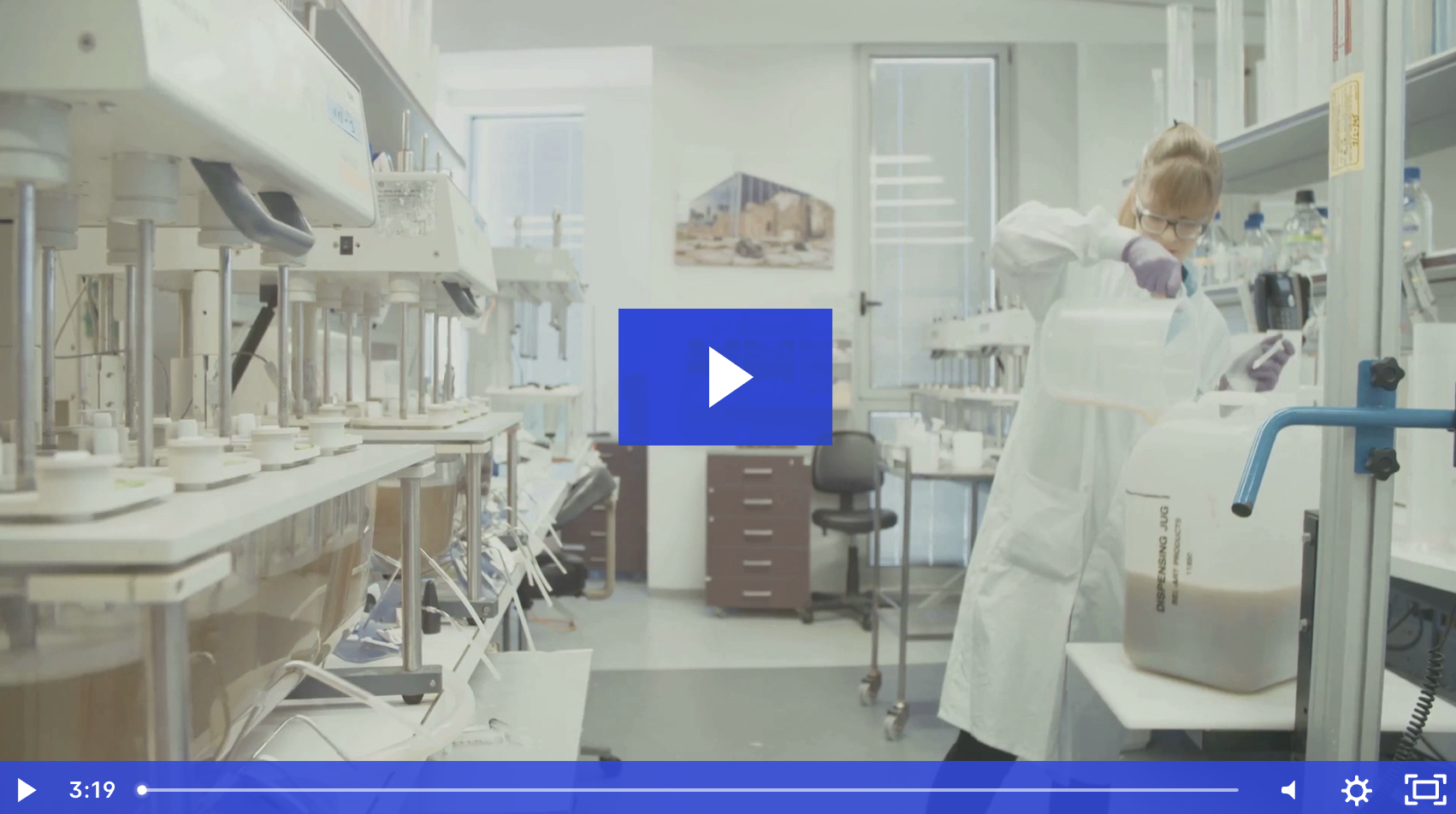Video Summary:
As an employer, maintaining a safe and productive work environment is paramount. Implementing a drug testing program can be an integral part of your workplace safety strategy. However, navigating the legal landscape and logistical nuances of drug testing can be a complex task. Here's a best practices guide to help you manage your drug testing procedures effectively.
Understand the Legal Framework
First and foremost, it's important to understand that there is no federal law prohibiting drug testing by employers. Nevertheless, states and localities may have specific regulations that dictate what types of drug tests can be required and for which positions, especially those deemed safety sensitive. Therefore, employers must consult with legal counsel to ensure that their drug testing policies comply with all applicable federal, state, and local laws and regulations.
Paying for Drug Testing
It's standard for the employer to bear the costs of drug testing. According to the Fair Labor Standards Act (FLSA), the time an employee spends taking a drug test is considered compensable hours worked. This implies that not only should you pay for the test itself, but also for the employee's time spent undergoing testing.
Maintaining Privacy
Regardless of the type of drug test administered, privacy laws protect the results from public disclosure. Employees might need to sign a release for employers to access their drug test results. It's crucial to consult legal counsel to ensure that your drug testing policy respects any applicable privacy laws.
Types of Drug Testing
Understanding the different types of drug testing and their applications is important for a comprehensive policy:
- Periodic: Scheduled regularly, such as during an annual physical examination, or when an employee transfers departments or takes on a new role.
- Return-to-Duty: If an employee has violated drug policies previously, they may be required to pass subsequent tests to be deemed fit to return to their duties.
- Reasonable Suspicion: If an employee exhibits signs of being under the influence, such as slurred speech, uncoordinated movements, or erratic behavior, they may be subject to testing. Employers must ensure that their reasonable suspicion criteria comply with any applicable laws.
Best Practices for Implementing Drug Testing Policies
- Policy Development: Create a clear, concise, and legally compliant drug testing policy. Clearly define the purpose, scope, and procedures for testing, along with the consequences for policy violations.
- Training: Train your supervisors and HR personnel on recognizing signs of substance abuse, the procedures for reasonable suspicion testing, and the steps to maintain confidentiality.
- Communication: Clearly communicate the drug testing policy to all employees. Transparency helps to ensure that employees understand their rights and responsibilities.
- Documentation: Keep thorough and confidential records of all drug testing procedures and outcomes. Documentation is essential for legal protection and to ensure the fairness of the testing process.
- Assistance Programs: Consider offering support, such as an Employee Assistance Program (EAP), to help employees struggling with substance abuse.
Implementing these best practices will help ensure that your drug testing procedures are fair, respectful, and legally sound. While drug testing can be a sensitive issue, it is a necessary aspect of workplace management that, when done correctly, contributes to a safer, more productive environment for all employees.



